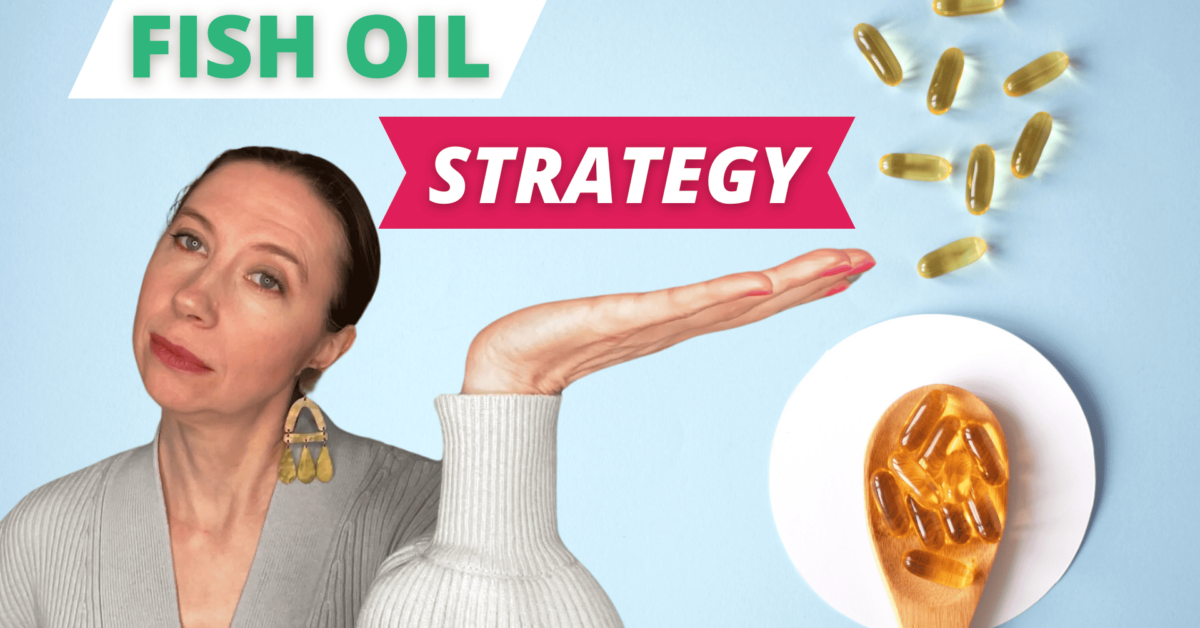What is inulin? Inulin is a saccharide and is a prebiotic.
What is a prebiotic?
Prebiotics are dietary fibers that are selectively fermented by microbes such as bifidobacteria and lactobacilli. They can be found in foods such as artichokes, asparagus, and Garlic.
Prebiotics are not bacteria…think of them as food for the gut microbiota…
In general, consuming prebiotics will:
- Increase the number of bifidobacteria and lactobacilli in the gut
- Displace other neutral or pathogenic organisms
- Alter the metabolism and activity of the gut microbiota
- Often lowering the pH of the colon
- Increase the concentrations of short-chain fatty acids (SCFAs) such as butyrate, acetate, and propionate.
Butyrate and propionate have roles in autism.
Prebiotics can affect many areas of the body
Inulin has been used widely to improve GI issues however prebiotics, such as inulin, can also exert effects elsewhere in the body:
- Bone strength
- Neural and cognitive processes such as memory, attention, learning, mood, anxiety
- Immune functioning
- Skin
- Serum lipid profile
The mode of action is influenced by intestinal permeability and by the actual fermentation products reaching target cells throughout the body. Butyrate and other SCFAs are considered to be the actual enactors of these distant beneficial effects in the body.
Have you stopped dairy and now worried your child is not getting enough calcium?
This is how proper gut health can help your child grow big and strong…even when not eating dairy. Many parents put their child on a dairy-free diet and see great changes in symptoms but then are concerned about their child getting enough calcium.
Research in 2016 found that SCFAs modulate nutrient absorption and intestinal permeability and now scientists are exploring the possibility of using prebiotics to increase calcium and magnesium absorption in the intestinal lumen with the goal of increasing bone regeneration and preventing osteoporosis.
Growing children need sufficient mineral uptake and bone formation and prebiotics such as inulin have been shown to influence that. Here are the results of 3 clinical trials that examined using prebiotics to improve bone health.
- In 2005, inulin-type fructan was studied in teenagers. Results were calcium & bond density improved.
- In 2002, inulin/oligofructose mixture was studied in adolescent girls. Results were that calcium absorption improved.
- In 1999, oligofructose was studied in adolescent boys. Results were that calcium absorption was improved.
Inulin and Autism
There are no human clinical trials studying inulin in the autism population.
You might be thinking “Why do doctors recommend inulin for some with autism?” And it has to do with gut health and the fact that most with autism have dysbiosis meaning that their gut microbiota is very different than those without autism.
Bifidobacteria & Autism
Inulin specifically helps bifidobacteria grow in the gut. In general, the numbers of bifidobacteria are the highest at birth and decline through life. However, the amount of Bifidobacteria in those with autism have been found to be decreased in comparison to individuals without autism.
Bifidobacteria contribute:
- Protection against pathogens
- Production of Vitamin B, antioxidants, conjugated linoleic acid
- Stimulate the immune system
When healing autism many doctors focus on the above bullet points and the great thing about Bifidobacteria is that they contribute all that to us naturally. A great doctor who wants your child’s body to heal and thrive will help heal the gut rather than give individual supplements. Let the bacteria do the supplementing for you.



